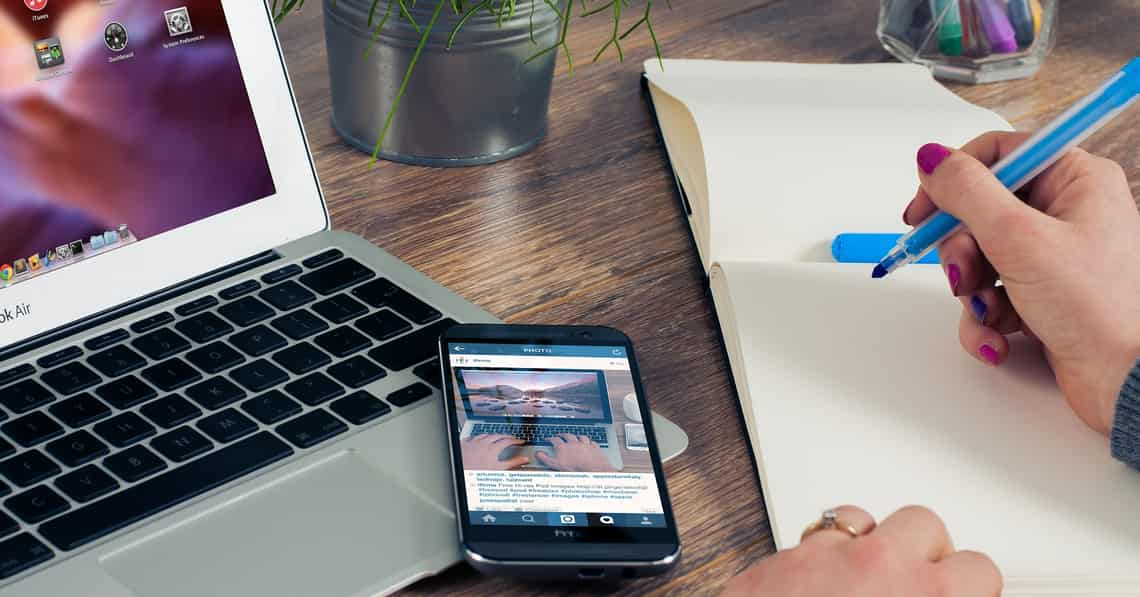I read a post this week from Todd Hermann, author of the business success book Alter Ego, who had some interesting stats on US CEOs he had interviewed about their response to covid-19. He saw some startling differences in the way they spoke and he used their word choices to categorise them into three groups; fear focussed, un-focussed and strategy focussed. The strategy focussed group were way more likely to be shifting their product / service offerings and were using the words ‘action’ and ‘opportunity’ in response to the situation.
What is keeping me focussed right now is how businesses and individuals can keep themselves afloat during these unprecedented times. To keep it simple, I’m coaching people through a four step approach which I’ve shared below with some examples.
- ACCEPT – accept that this is happening and that in order to survive you will need to make changes. This could be a minor change to what you do now or it could be that you need to do something completely different for a while. The sooner you accept it the sooner you can do something about it. That may sound tough, but it’s true.
- ADAPT – how have the circumstances changed? What are the barriers to people using your product or service? How can you get around those barriers? And if that’s not possible, what can you do instead? Are there new products or services you could offer? Or something different you can do with your time? What other skills do you have?
- ADVERTISE – you don’t have to spend money on this, you can post it on your website or Facebook page and ask people to share or you can put a poster up in your shop or restaurant and ask others if you can advertise in theirs. Put fliers through doors in your local area. You must tell people what you’re doing. If they don’t know they can’t use your service.
- AMPLIFY – what else? What are the new opportunities that arise in a situation like this? What are the new gaps in the market? How can you fill those? Who else can you work with? Who does something complementary? This one is more of an optional but now is a great time to find these new ideas
Before we dive into examples I want to talk a bit about how customer loyalty works. We all have emotional contracts with the people, brands and organisations in our lives. We might go to the same massage therapist repeatedly at first because they’re great at their job but after a while it will be because we feel connected to that person and have an emotional contract with them. We might go to the same restaurant repeatedly because the food is good, but also because we have fond memories of good times with family there and that one time they got our order wrong
they gave us our meal for free to apologise; that’s our emotional contract. We may even buy the same brand soap that our Grandma used because the smell reminds us of her; that’s a multi generational emotional contract with that brand. In times of crisis and fear these emotions will be heightened. I say this because some of the examples I’m going to give are not things that will make you money now; but if you can afford to do them you will be doing a great service for the community and I would bet that won’t be forgotten later.
Restaurants and Bars: This may seem obvious, but if you are an eat in only restaurant then find a way to start doing take out and delivery ASAP. If you’re not sure where to start then launch with a limited menu and choose the dishes you know are popular and that will travel well. If you don’t want to use one of the main delivery services then set up your own ordering system which could be as simple as asking people to call you or message you on Facebook. A great example of a restaurant who just did this is Free Bird Cafe. Stoically an eat in only establishment in the past, the owner, Lisa Nesser, was able to turn this around in just two days. It was a lot of hard work but absolutely the right thing to do.
Another wonderful example is Food4Thought who are offering free meals with no judgement, to those in need. They are also still continuing their regular eat in and delivery service. The free meals of course will cost them money and they’ve said they’ll do it for as long as they can. This is what community looks like; ongoing strengthening of community ties, especially in times of need.
If you don’t want to use one of the main delivery services and don’t need as many staff for take out or fewer people are eating in, consider asking some of your staff to do the deliveries if they feel comfortable / it’s safe / you have a way of staying in contact with them / you’ve made sure they know how to use google maps.
If you do want to use one of the main delivery services like Grab then remember that if you have an offer people will be more inclined to buy, so can you give a free ‘something’ with a purchase of over a certain amount. Can you offer a discount on a certain day and advertise that in advance.
If you run a bar, yes you are going to need to be closed for a while, but people will probably still want drinks! What are your most popular sellers? Can you sell packages e.g. a bottle of Sangsom with sodas, a six pack of beers, pitchers of your most popular cocktail mix. Can your bar staff become your delivery drivers (see above note on safety for delivery drivers). Ask your regular DJ to livestream their set on Facebook at the usual time on a Saturday night to maintain that emotional contract between your regulars and your bar.
Shops:
There are many smaller shops that will be affected by this and I’m just going to give a couple of examples. An obvious one is grocery and health food stores. Organise delivery and a way to let people know what you’re doing. Make up food packages that fit a recipe to make a certain meal and even include a recipe card in the package. People who don’t often cook for themselves will need easy ways to adapt during this time.
Book and stationery stores; there will be many families with kids at home who can’t go out or to school. Make up packs for kids of certain ages, or family packs that people can order without having to think too hard about what they want or need. Include colouring books, pens, paper and art supplies and a selection of reading materials.
Services:
We’re seeing lots of wellness professionals doing online classes for free. This is an amazing thing to do and whilst it’s not earning them money right now it will quite likely lead to more loyalty and brand awareness later. If you can afford to do this then I’d highly suggest it. You don’t have to give away all your content for free, just some. If you are a wellness professional who previously only worked face to face then take some of this time to create online content that can be part of your offering now or in the future.
Massage therapists are a huge group of people who are being greatly affected by the changes as a result of covid-19. This one is trickier but not impossible. If you have a smart phone and Facebook you can teach self massage online, either live or as a recording.
I have a friend who is an Osteopath who I’ve been talking to about this. Yes he may not be able to practice Osteopathy for a while, but he’s also a qualified naturopath, and knows way more about health than the average person so could still do health consultations online. What other skills do you have that you don’t always use.
One of my best friends in the UK is a wedding cake maker. Weddings have all been postponed until further notice and that’s her whole income. She’s now also trying to home school two kids at short notice. Her instagram stories of her sugar flower making are really popular and we’ve been talking for a long time about her doing online tutorials or starting a YouTube channel. Now is the perfect time to record content for that. Another idea we had was family online baking sessions for parents with kids at home who would really welcome support with homeschooling. The great thing about that is that she can get her own kids involved too.
I have another friend in the UK who is a school singing teacher and sings in a band at functions like weddings. With schools closed and weddings postponed we’ve come up with a plan for her to do online singing lessons; either one to one as she usually does, or for groups. Where parents have more than one child at home that they are needing to homeschool we’ve discussed how she can do family lessons and adapt prices. There will also be lots of kids who are missing their birthday parties or feeling isolated from their friends and we’re creating themed online singing parties where they can all join from their own homes by zoom and she can take them through the songs from, for example, Disney’s Frozen. She may even dress as Elsa, who knows!
These are just some examples and of course there are hundreds more. The main thing is to follow at least the first three of the four stages I outlined above: Accept, Adapt, Advertise. If you can Amplify too then that’s amazing!
I want to end by saying that in order to cope with all this change it’s going to be useful for you to have a self care practice that you can maintain in these circumstances; whether that’s meditation or finding a way to do your gym workout from home, try and maintain that self care.

